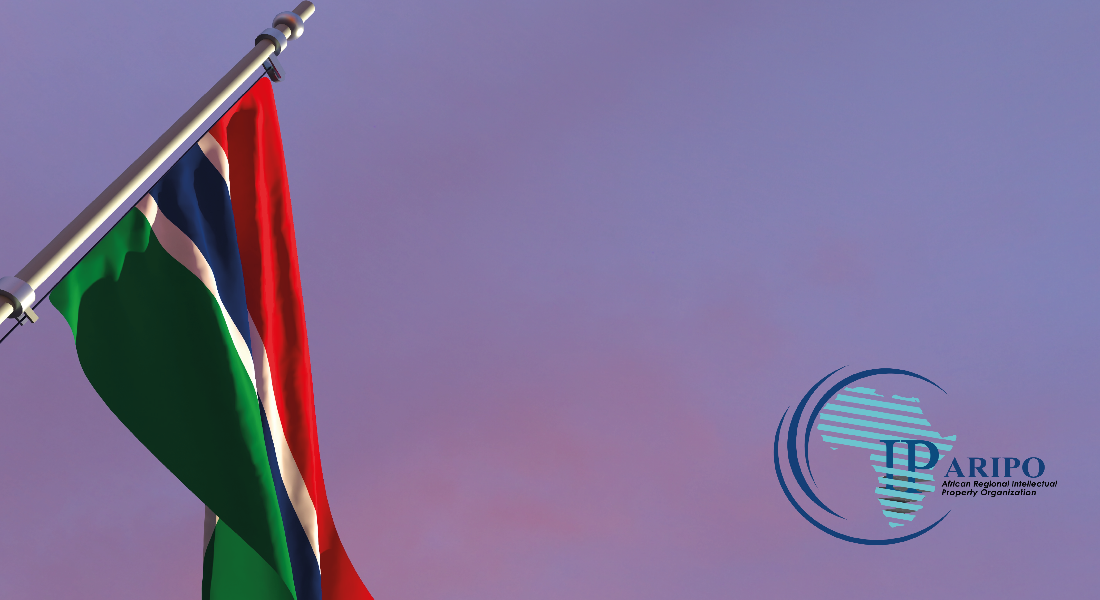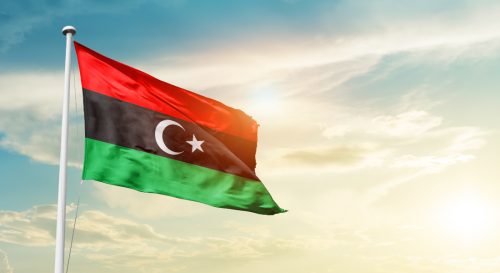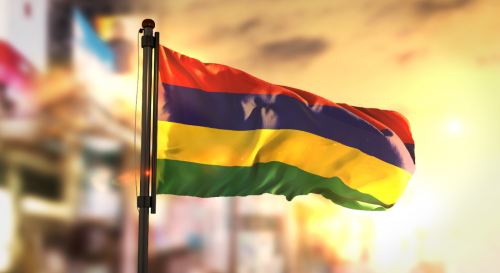
Gambia ratifies the Banjul Protocol
Gambia in West Africa is home to the capital city in which the African Regional Intellectual Property Organisation’s (ARIPO) Administrative Council first adopted the Banjul Protocol in 1993. Under ARIPO’s regional system, applicants are required to designate the member states for which their trademark protection is intended. The associated costs of the procedure depend on the number of designated states in each application.
On 3 May Gambia joined the Banjul Protocol, bringing the number of member states to 12 (joining ARIPO, Botswana (joined 2003), Eswatini (1997), Lesotho (1999), Liberia (2010), Malawi (1997), Namibia (2004), Sao Tome and Principe (2016), Tanzania (1999), Uganda (2000) and Zimbabwe (1997)). The government deposited its instrument of ratification with the ARIPO director general on the same day.
In accordance with Section 11:3 of the protocol, it will enter into force three months after the deposit of the instrument of ratification, which means that from 3 August 2021 Gambia will be eligible for designation by applicants under the protocol.
The documents required for trademark registration in ARIPO include:
- power of attorney, simply signed;
- applicant data;
- sample of the mark (not required for word marks); and
- a list of goods and/or services.
Further, the registration procedure in ARIPO is as follows:
- A request is filed through the Banjul Protocol at ARIPO or at a member state’s trademark office.
- A formal examination is conducted by the office where the application is lodged, and a filling date is attributed.
- The office informs the other offices of the filing.
- If applicable, national offices have 12 months to inform ARIPO that the registration will have no effect in its territory.
- ARIPO then accepts the application and publishes a notice of acceptance in the Official Journal.
- There is a three-month opposition period.
- The registration certificate is issued and published.
Trademarks in ARIPO are valid for 10 years from the filing date and may be consecutively renewed for the same period.
It can be extremely beneficial to file applications through ARIPO due the efficiency of the process and because it may result in reduced charges (when compared to filing in each national office). However, this of course depends on the specific case and all these jurisdictions have national offices where applications can be filed through the national route.
This is a co-published article, which was originally published in the World Trademark Review (WTR).
Territory List
There are no results for your search.
- Africa
- Algeria
- Angola
- Benin
- Botswana
- Burkina Faso
- Burundi
- Cameroon
- Cape Verde
- Central African Republic
- Chad
- Comoros
- Congo (Republic)
- Côte d'Ivoire
- Democratic Republic of the Congo
- Djibouti
- Egypt
- Equatorial Guinea
- Eritrea
- Eswatini (Swaziland)
- Ethiopia
- Gabon
- Gambia
- Ghana
- Guinea
- Guinea-Bissau
- Kenya
- Lesotho
- Liberia
- Libya
- Madagascar
- Malawi
- Mali
- Mauritania
- Mauritius
- Mayotte
- Morocco
- Mozambique
- Namibia
- Niger
- Nigeria
- Réunion
- Rwanda
- Sao Tome and Principe
- Senegal
- Seychelles
- Sierra Leone
- Somalia
- South Africa
- South Sudan
- Sudan
- Tanzania (mainland)
- Togo
- Tunisia
- Uganda
- Western Sahara
- Zambia
- Zanzibar
- Zimbabwe
- Africa (OAPI)
- Africa (ARIPO)
- Other
- East Timor
- Macao
- Maldives
- Portugal
- European Patent (EPO)
- European Union Trademark (EUTM)
- International Trademark (Madrid System)
- Patent Cooperation Treaty (PCT)





